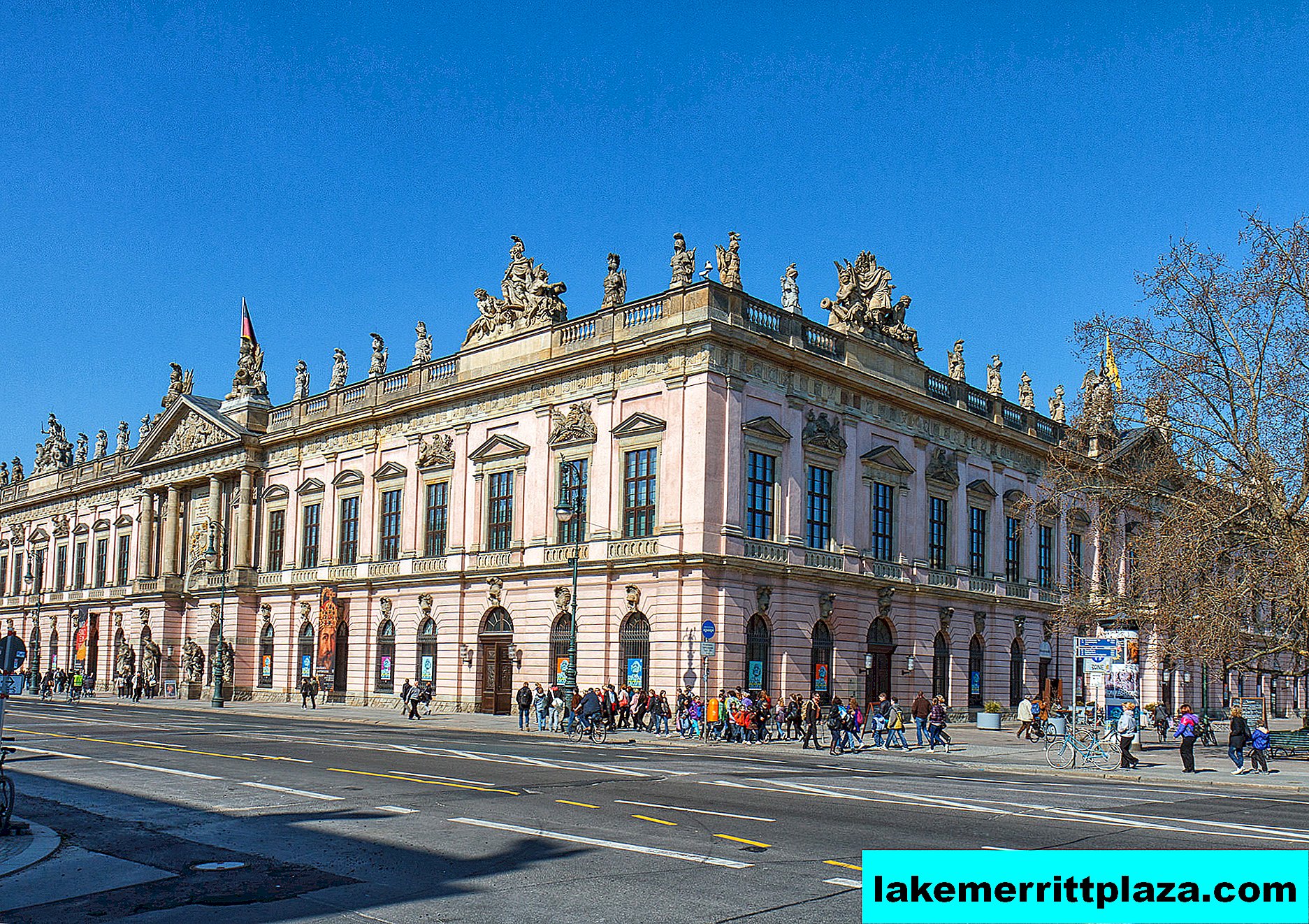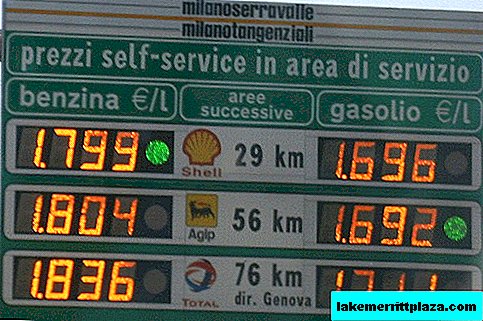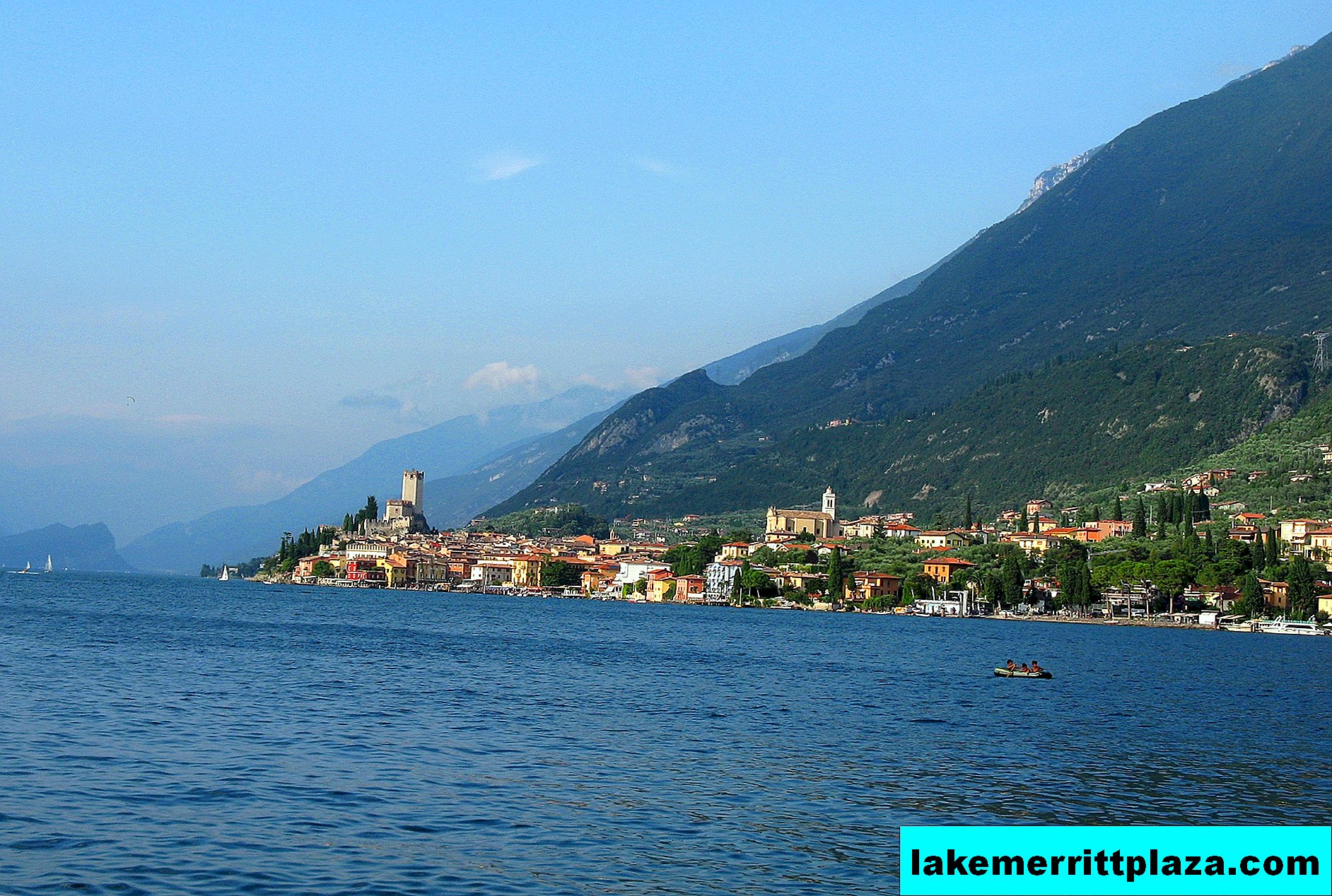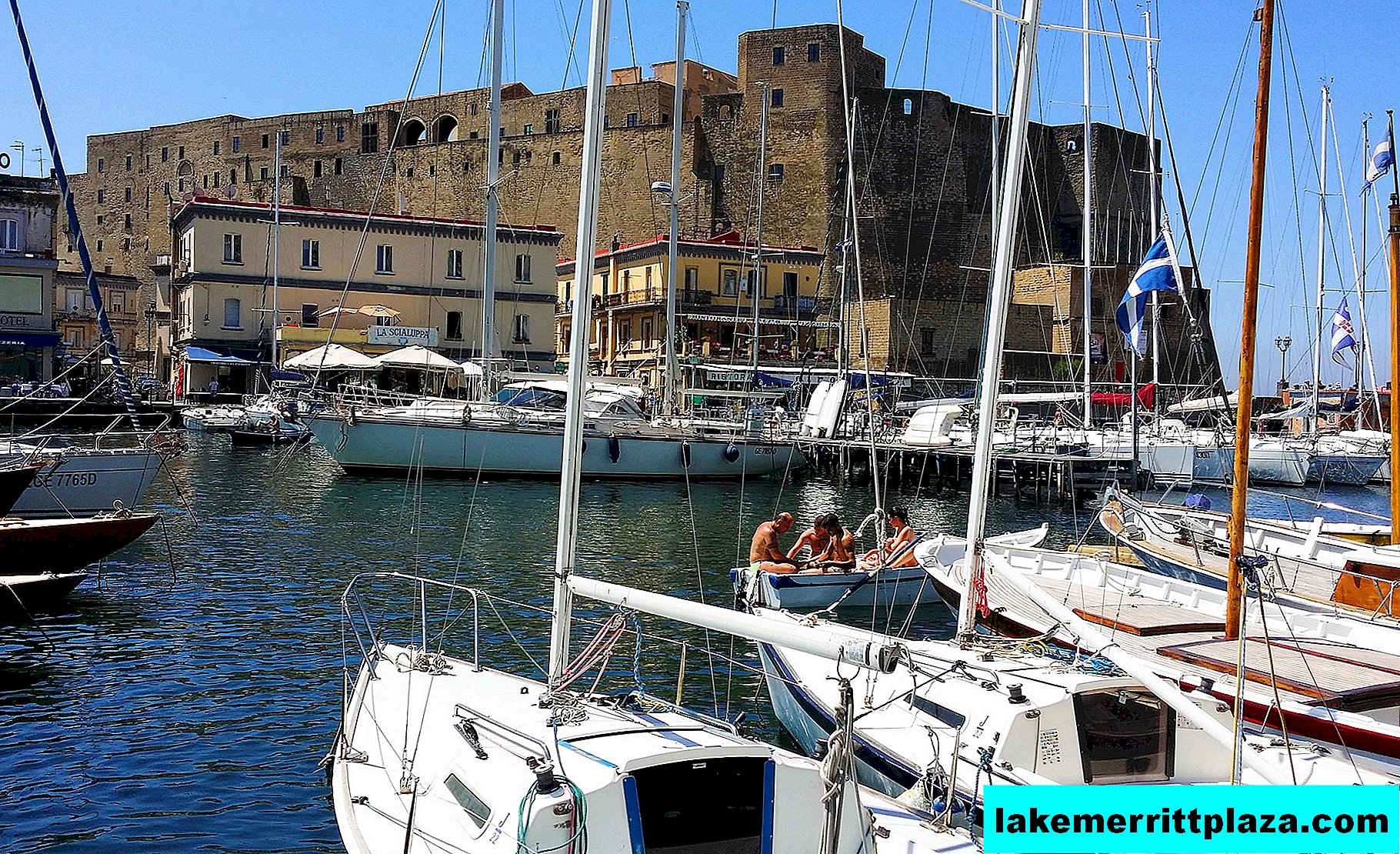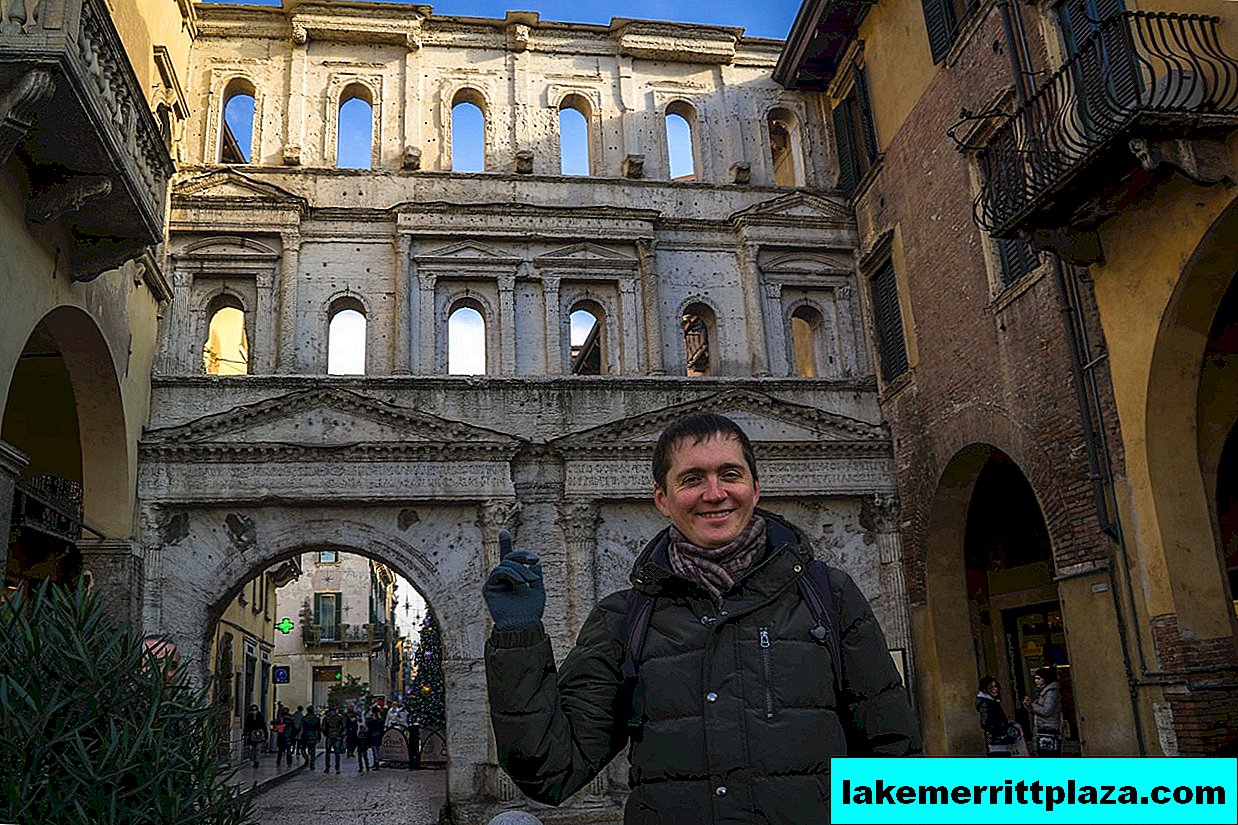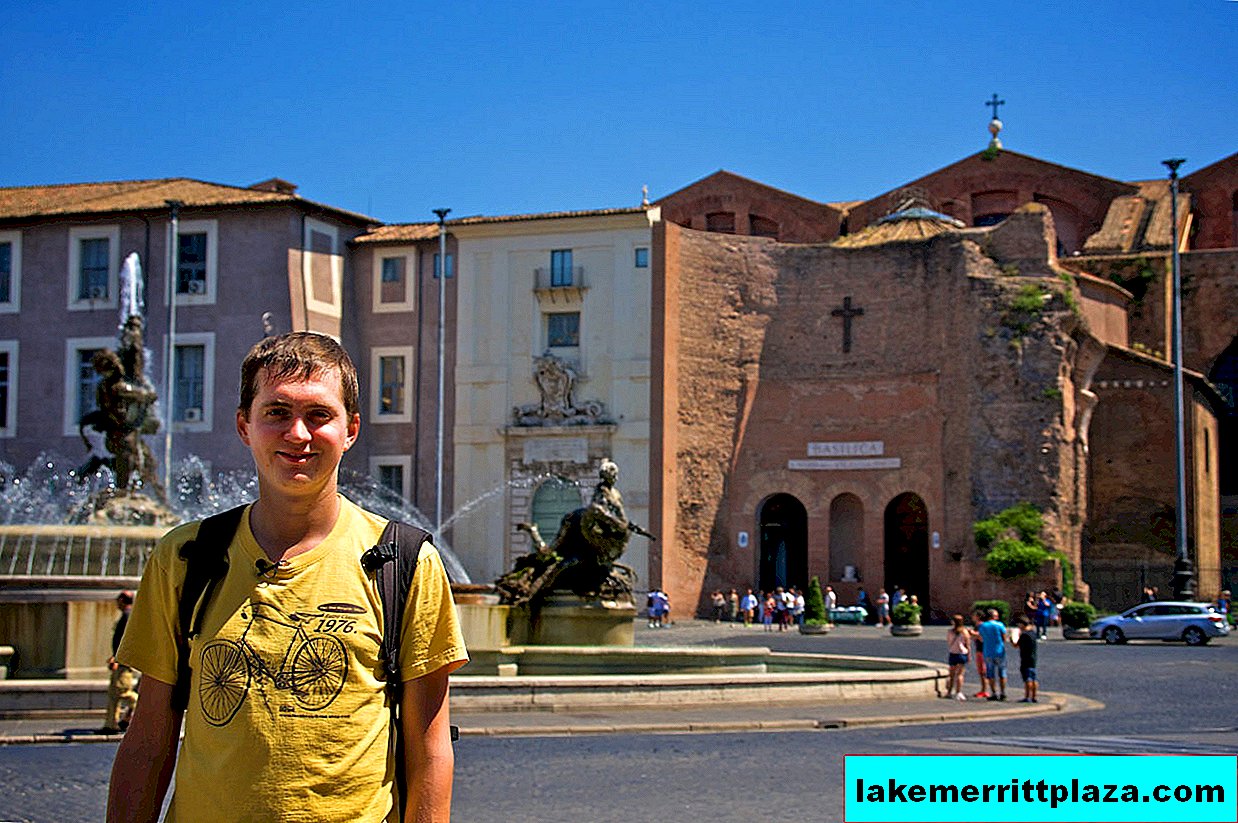The Italian parliament passed a law that makes it impossible for Google to sell advertising in the country through its branches in other regions of Europe. According to experts and analysts, this decision is Italy’s first step towards legal schemes that will allow companies to reduce the number and volume of tax payments.
The adopted law, already known as Google Tax (the so-called “Google tax”), suggests that now, in order to purchase advertising, Italian Internet companies will have to apply only to local PR agencies that are tax residents of Italy. Advertising in the popular "search engine" Google will not be displayed in Italy until the company opens its own representative office here.

The actions of the Italian parliament were immediately criticized “to the smithereens”: many lawmakers are sure that the adopted law in some form violates the rules and regulations applicable in the commercial sphere in the EU. Therefore, journalists do not exclude the possibility of numerous lawsuits against the Italian parliament.
Thus, some media outlets call the adopted project absolutely “uncompromising”, claiming that it directly violates European laws, according to which discrimination among citizens of different countries of Europe is unacceptable.
Members of Parliament explain that the law is aimed primarily at such "giants" of the market as Google and the social network Facebook, which offer Italian companies advertising services through affiliates located in countries such as Ireland or Belgium.
A couple of months ago, the Irish authorities confidently stated that they intend to seriously take up the fight against illegal schemes that Google, Facebook and Yahoo! used to reduce taxes. However, the first European country to take a real step in this direction was Italy.
As it became known recently, initially the Italian authorities planned to introduce significant limits not only on advertising on the Internet, but also on a number of products that can be ordered with one click, without leaving home. Such a decision would force many online stores to conclude deals exclusively through local companies officially registered in Italy.
The idea belonged to Prime Minister Enrico Letta, but in a recent hearing, the Italian parliament struck Internet companies off the agenda.

Analysts estimate that each year countries in the European Union lose about a hundred billion dollars because of the tax reduction schemes described above. For example, last year Google Corporation managed to earn more than two billion dollars in advertising in Italy, but since the company used an illegal scheme when conducting transactions through its branch in Bermuda, only 1.8 million dollars fell into the Italian treasury.
Large corporations headquartered in the United States of America attribute their tricks to the fact that in the United States the tax rate is prohibitive, so they are forced to look for other ways to save their own money.

